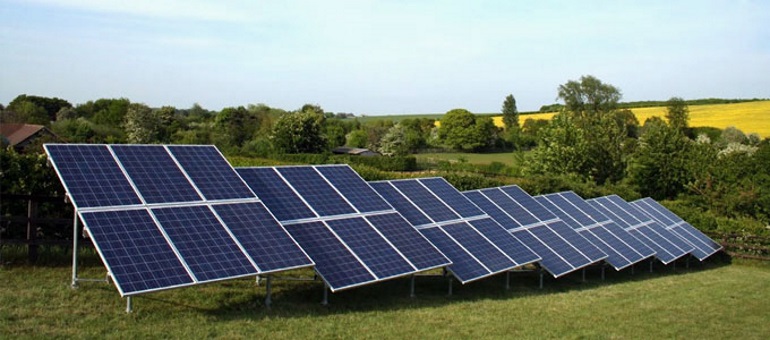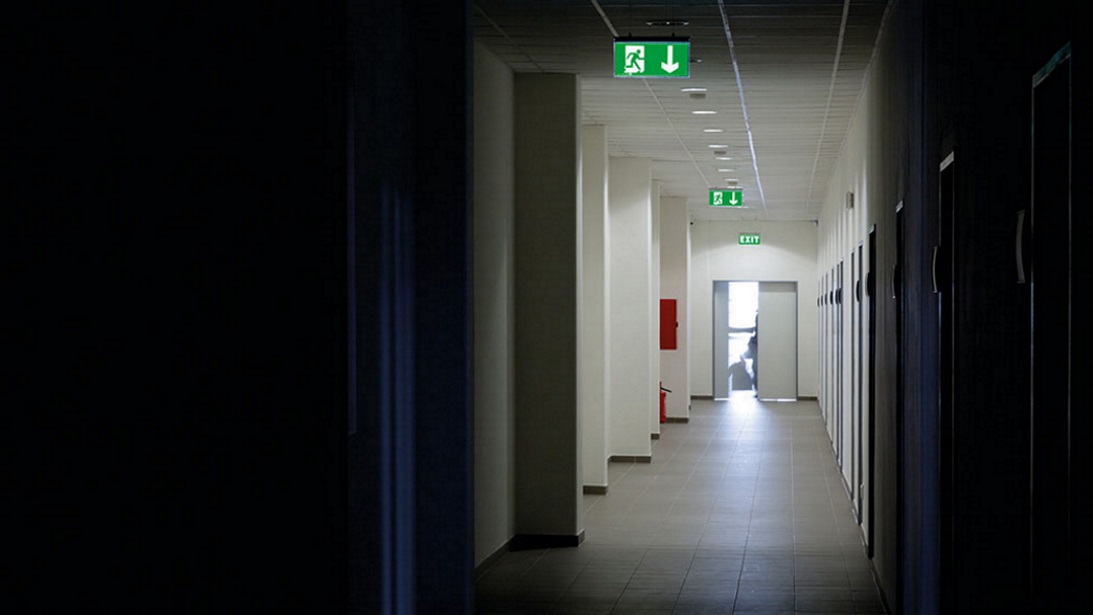It’s now I’m afraid!
The Government have now decided that there is no longer a need for the feed in tariff to assist with the roll out of Photovoltiac Installations.
This is due to the fact that installations are much more competitively priced, so the saving on electricity will be sufficient to provide a fair economic return on investment.
News of the January feed-in tariff reduction was revealed in the consultation document released by the Department of Energy & Climate Change (DECC)
Below are the proposed generation tariffs for 1 January 2016:
| Capacity | Feed-in tariff rate (p/kWh) |
| 0-10kW | 1.63 |
| 10-50kW | 3.69 |
| 50-250kW | 2.64 |
| 250-1000kW | 2.28 |
| >1MW | 1.03 |
| Stand alone | 1.03 |
If you are considering solar, its time to act now or miss the boat in this very lucrative return on investment.
The new tariffs and savings on electricity will still offer a fair return on investment but the severe reduction on FITS will be a shock to the solar industry and those installing solar next year.
The solar process can take several months due to the necessary processes with planning and G59/G83 and structural considerations
So if there was a time to make a decision on whether to install solar its NOW.
If the capital investment is putting you off, we can assist you with a Siemens finance loan. This still means that the customer reaps all the benefits and the repayment of the system is incorporated into the offer, which usually takes 7 years to pay back.
This still gives 13 years of revenue which is index linked and of course the solar return pays the loan, so its cash positive or cash neutral to the business!
Call Powercor for a free quotation or see more on our solar and battery storage page.







